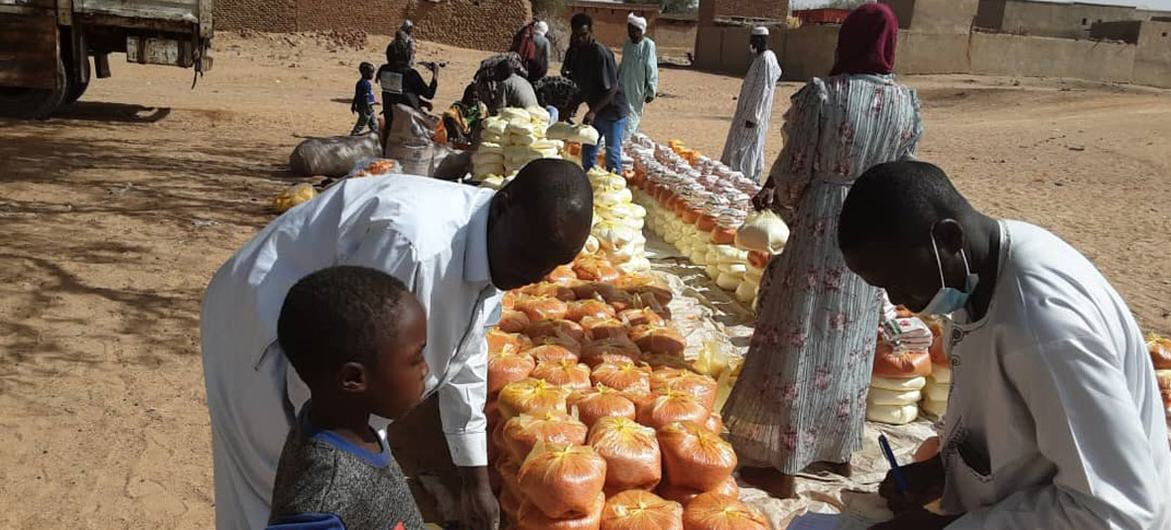
Photo credit: Reuters
The United Nations has issued a stark warning regarding the escalating food crisis in South Sudan, highlighting that more than seven million people are at risk of acute food shortages in the coming months, with tens of thousands facing catastrophic levels of famine.
The UN Office for the Coordination of Humanitarian Affairs (OCHA) revealed that between April and July 2024, an estimated 7.1 million people in South Sudan are likely to experience high levels of acute food insecurity. Within this group, approximately 79,000 individuals are at risk of catastrophic famine, primarily in regions grappling with climate-related shocks, economic crises, and conflict.
Despite achieving independence in 2011, South Sudan, the world youngest country, continues to grapple with instability and violence. Currently, a total of nine million people in the nation are in dire need of humanitarian aid, a figure exacerbated by the ongoing war in neighboring Sudan. The influx of refugees and returnees from Sudan has further strained South Sudan resources and services. Since April 2023, over 670,000 people have fled to South Sudan from the north, with approximately 80 percent being South Sudanese who had previously sought refuge in Sudan.
This continuous influx has intensified pressure on already limited services at border points and destination areas. Efforts to address the crisis are underway, with the United Nations and its humanitarian partners ramping up their response activities. Notably, in Tambura, Western Equatoria, where intercommunal violence has displaced an estimated 26,000 people, the UN and peacekeeping
forces are closely monitoring the situation. Additional peacekeepers have been deployed to reinforce security, with daily patrols tripled to ensure the safety of the local population.
Moreover, UN officials in South Sudan are engaging with community leaders and political parties at national and regional levels to mitigate intercommunal tensions peacefully. Despite these efforts, challenges persist, including the severe underfunding of this year humanitarian appeal for South Sudan. To date, only 11 percent of the required $1.8 billion has been received, hampering the effectiveness of response efforts.
Addressing the root causes of the crisis in South Sudan will require a multifaceted approach encompassing conflict resolution, economic stability, and climate resilience measures. Sustainable solutions must be implemented to break the cycle of food insecurity and dependence on humanitarian aid. This necessitates collaborative efforts from international organizations, regional stakeholders, and the South Sudanese government to ensure the well- being and food security of the country vulnerable populations.
In the face of mounting challenges, urgent action is imperative to prevent further deterioration of he humanitarian situation in South Sudan. The international community must prioritize funding and support for humanitarian interventions while advocating for lasting peace and stability in the region. Only through concerted and sustained efforts can the cycle of food insecurity be broken, paving the way for a brighter and more resilient future for the people of South Sudan.

















